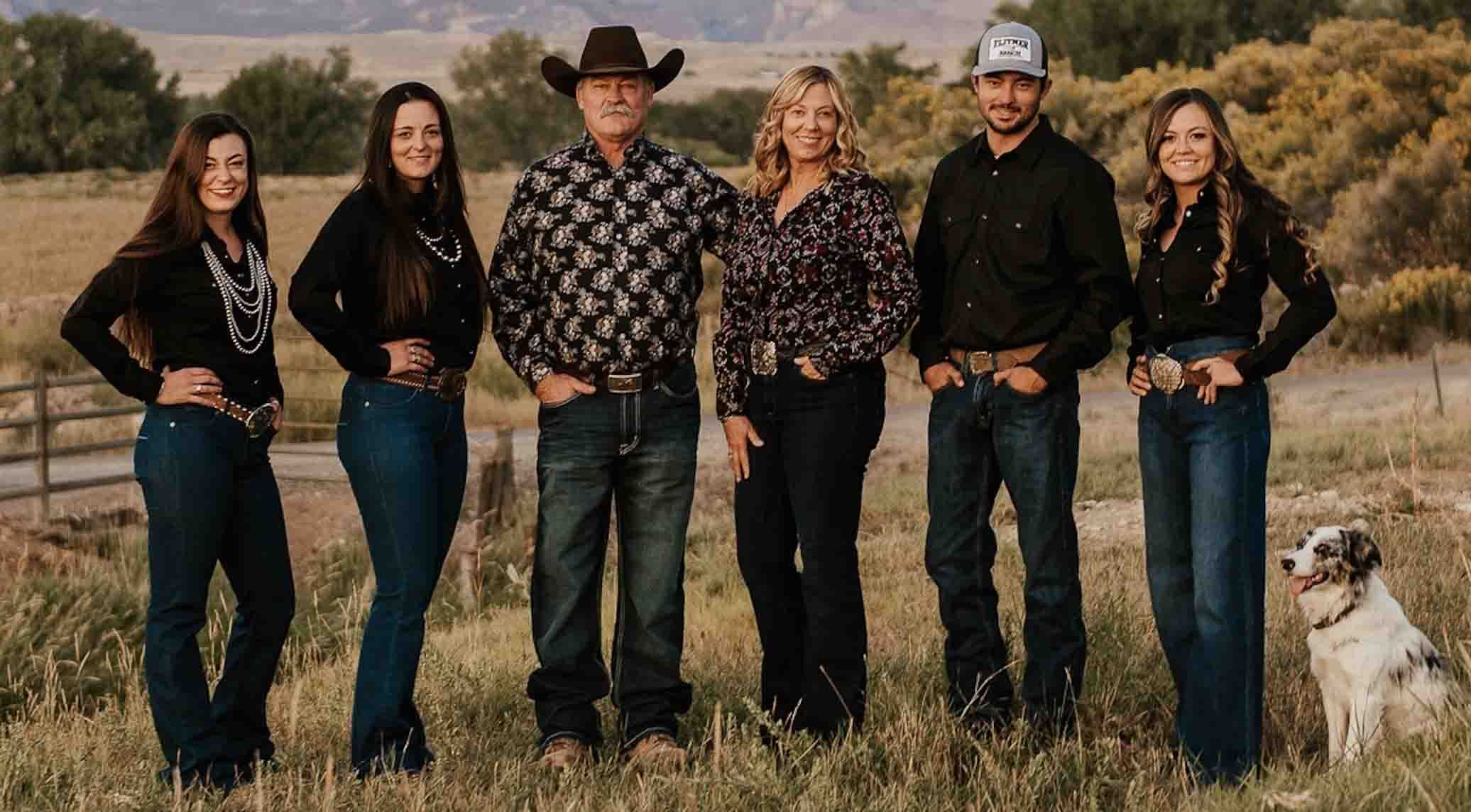A Lafayette adult died of West Nile virus in what officials say is the first such death in Colorado this year.
The Colorado Department of Public Health and Environment and Boulder County Public Health confirmed the death and its cause. The press release did not specify when the person died.
CDPHE has confirmed nine human cases of West Nile in eight Colorado counties, including Adams, Boulder, Broomfield, Douglas, La Plata, Larimer, Pueblo and Weld counties.
The Weld County case was confirmed by its health department on Friday, and two Adams County cases were confirmed on July 17. Larimer County announced in late June that a sample of the mosquito population in Larimer tested positive for West Nile.
Mosquitoes have tested positive for West Nile in eight of the 16 counties where the insects were tested for the virus. Those positive tests have come back in Adams, Arapahoe, Boulder, Broomfield, Denver, Jefferson, Larimer and Weld counties.
“We are deeply saddened to confirm the first West Nile virus-related death in our state this year. This tragic loss underscores the serious nature of this virus and why personal prevention is so vital,” Dr. Ned Calonge, chief medical officer at CDPHE, said in a release. “I cannot stress enough the importance of taking simple, effective steps — like using repellent and draining standing water — to protect yourself and your loved ones from West Nile virus infections.”
Last year, there were no West Nile deaths in humans in the state, according to CDPHE historical data. Officials also recorded that 18 counties saw confirmed human cases of West Nile, including Adams, Boulder, Weld, Jefferson and Broomfield. In total, those counties counted 76 cases.
In 2023, 51 people died of West Nile — the most since 2003, when 66 people died of the virus and when the state started collecting data. State health officials counted 634 cases that year — also the most since 2003, when there were 2,948 cases.
Humans most often contract West Nile from a bite from an infected mosquito, according to the press release. Symptoms include fever, severe fatigue, headache, body aches, skin rash and swollen lymph nodes. People over the age of 60 are at a higher risk for severe or deadly symptoms.
Humans generally cannot contract West Nile virus from another human.
The CDPHE recommends Coloradans protect themselves from West Nile by wearing insect repellent with DEET; staying indoors between dusk and dawn when possible; wearing long sleeves, pants and socks; removing standing water in yards, and installing door and window screens.
Originally Published:
Source link


